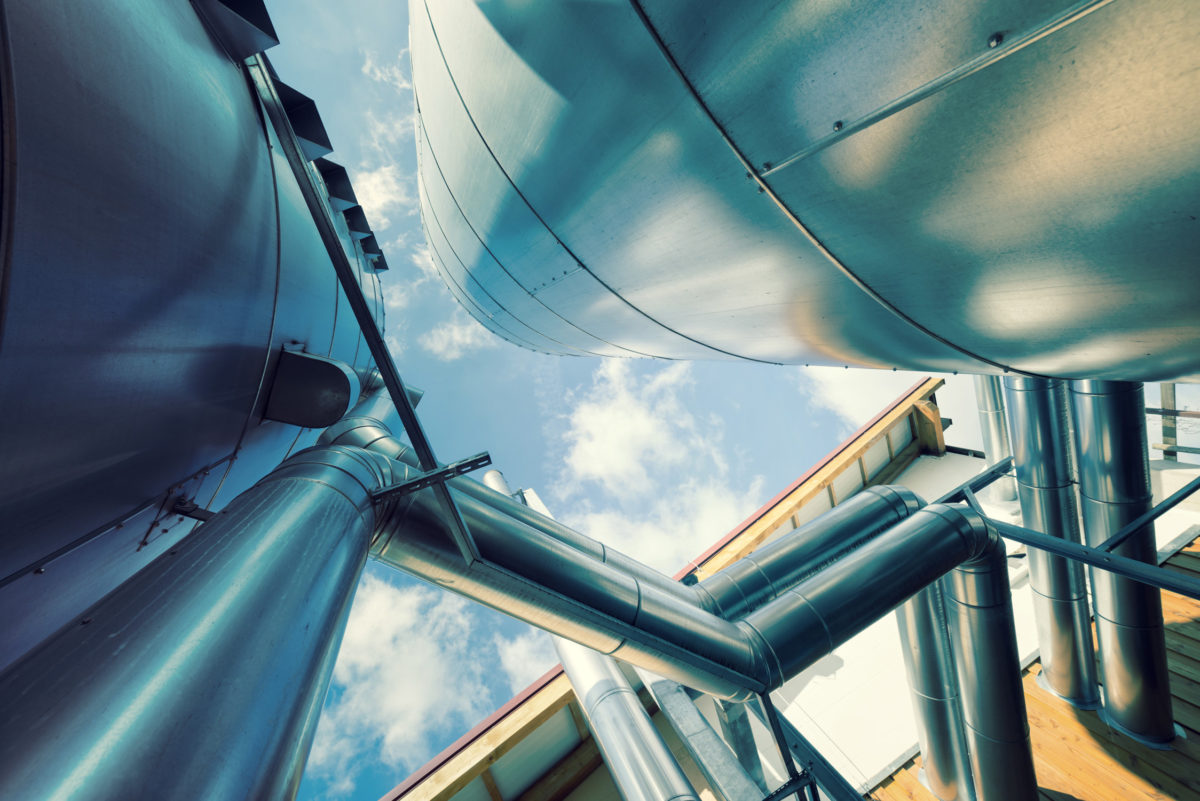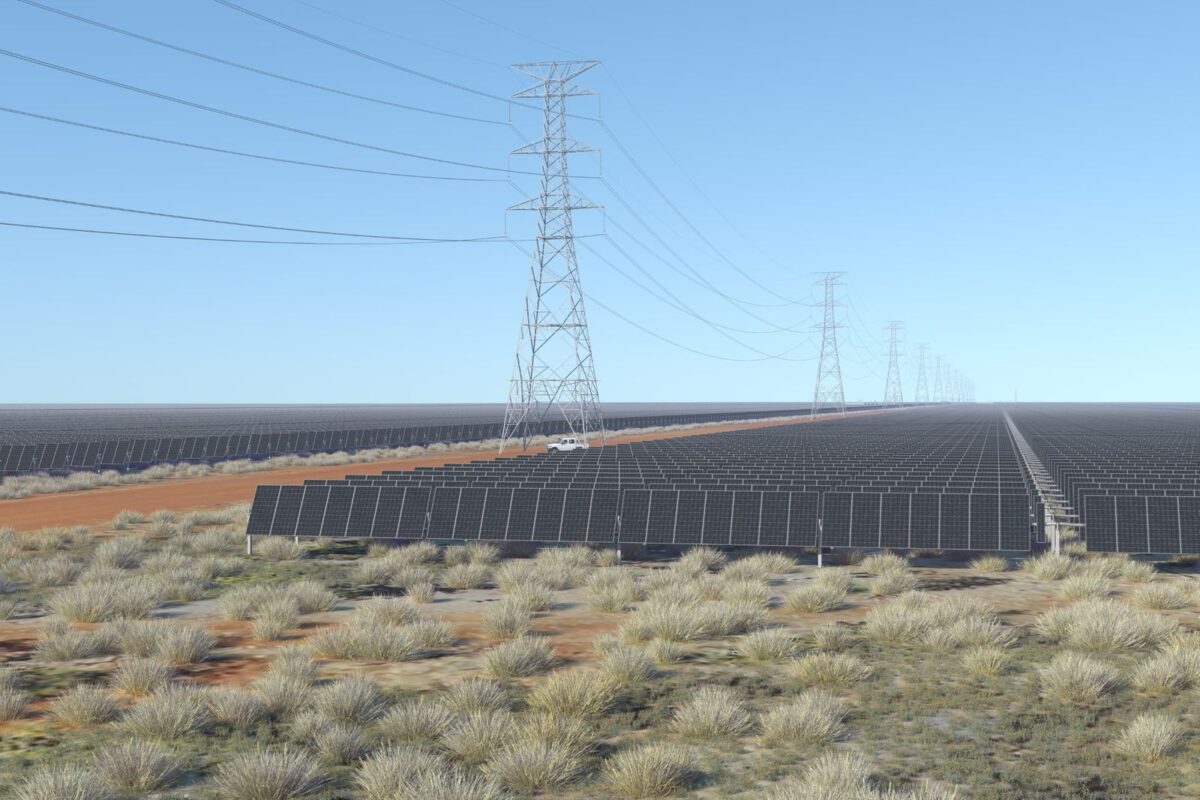With more than 50% of the state’s energy mix generated through renewable sources, new interconnection and storage technologies such as hydrogen will support South Australia (SA) to meet its 2030 “net 100% renewables” target. A new action plan unveiled on Tuesday sets the stage for making the state a major green hydrogen producer and exporter.
Formally launched at the International Conference on Hydrogen Safety in Adelaide, SA’s Hydrogen Action Plan includes the commitment of over $1 million towards a landmark study to identify optimal locations for renewable hydrogen production and export infrastructure.
“We welcome new industries that build on our natural advantages, such as hydrogen, and believe that it fits well into our state’s burgeoning enterprise culture and start-up sector,” Premier Steven Marshall. “This initiative will drive the export of hydrogen from South Australia both interstate and overseas, bolstering our economy, and presenting future job opportunities.”
The Hydrogen Action Plan seeks to leverage the state’s wind, sun, land, infrastructure and skills with an eye on five main objectives:
- Facilitate investments in hydrogen infrastructure
- Establish a world-class regulatory framework
- Deepen trade relationships and supply capabilities
- Foster innovation and workforce skills development
- Integrate hydrogen into the state’s energy system
Minister for Energy and Mining, Dan van Holst Pellekaan said the plan builds upon the state’s leading role in hydrogen and renewable energy.“This initiative fits in perfectly with our plan to help deliver more reliable, more affordable and cleaner energy for our state,” said the Minister. “It’s likely that nowhere else in the world is as well positioned as South Australia to produce, consume and export 100% green hydrogen.”
SA’s Plan points out that many of Australia’s trading partners in Asia, including China, South Korea, Japan and Singapore, are looking to develop hydrogen economies and will need to import hydrogen. “Some of our longest-standing and closest trading partners are signalling that they will need hydrogen to make their energy transitions over coming decades, and we want to make the most of that growth opportunity by becoming a hub for the export of renewable energy,” van Holst Pellekaan said.
The strong case for hydrogen has long been known, but reduced costs of solar and wind energy generation combined with technology advancements have created a tipping point Declaring 2019 a critical year for hydrogen, the International Energy Agency said hydrogen was enjoying unprecedented momentum around the world and could finally be set on a path to fulfill its longstanding potential as a clean energy solution.
With Australia among the countries most favourably placed to turn hydrogen hype into real-world deployment, the Council of Australian Governments Energy Council’s National Hydrogen Strategy Working Group has already identified hydrogen as Australia’s next multi-billion export opportunity. Modelling for the Australian Renewable Energy Agency (ARENA) has forecast Australian hydrogen exports could contribute $1.7 billion and 2,800 jobs to the national economy by 2030.
This content is protected by copyright and may not be reused. If you want to cooperate with us and would like to reuse some of our content, please contact: editors@pv-magazine.com.









1 comment
By submitting this form you agree to pv magazine using your data for the purposes of publishing your comment.
Your personal data will only be disclosed or otherwise transmitted to third parties for the purposes of spam filtering or if this is necessary for technical maintenance of the website. Any other transfer to third parties will not take place unless this is justified on the basis of applicable data protection regulations or if pv magazine is legally obliged to do so.
You may revoke this consent at any time with effect for the future, in which case your personal data will be deleted immediately. Otherwise, your data will be deleted if pv magazine has processed your request or the purpose of data storage is fulfilled.
Further information on data privacy can be found in our Data Protection Policy.